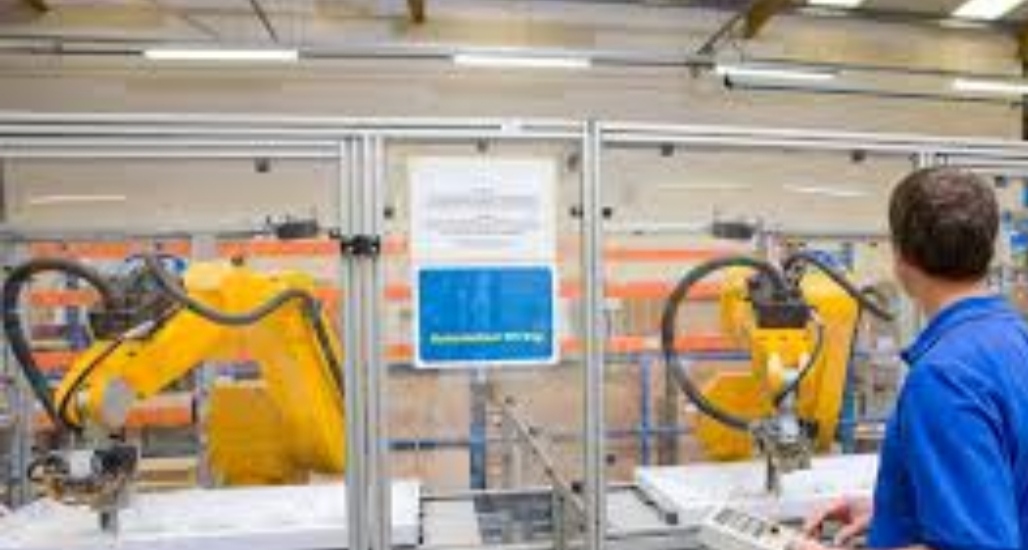Technology has had a profound impact on job growth, reshaping industries and employment trends. While it has led to the automation of certain tasks, it has also created new opportunities.
Automation: Technology, especially in manufacturing and repetitive tasks, has automated jobs, leading to workforce reductions in some sectors. Workers in routine jobs have been most affected.
Job Displacement: Technological advancements can displace workers, requiring them to acquire new skills to remain relevant. This transition can be challenging, especially for older workers.
Job Creation: On the flip side, technology has created new jobs in fields like IT, data science, and digital marketing. It has also spurred entrepreneurship, leading to the formation of startups and small businesses.
Skill Demands: Technology has increased the demand for tech-savvy employees. Individuals with expertise in coding, artificial intelligence, and cybersecurity are in high demand.
Remote Work: Advancements in communication technology have facilitated remote work, offering flexibility but also impacting traditional office spaces and support services.
Evolving Industries: Emerging technologies like AI, renewable energy, and biotechnology are creating entirely new industries, potentially leading to substantial job growth.
In summary, technology’s impact on job growth is complex, involving both job displacement and creation. Adaptation and upskilling are crucial for individuals and societies to harness the benefits of technology while mitigating its challenges




